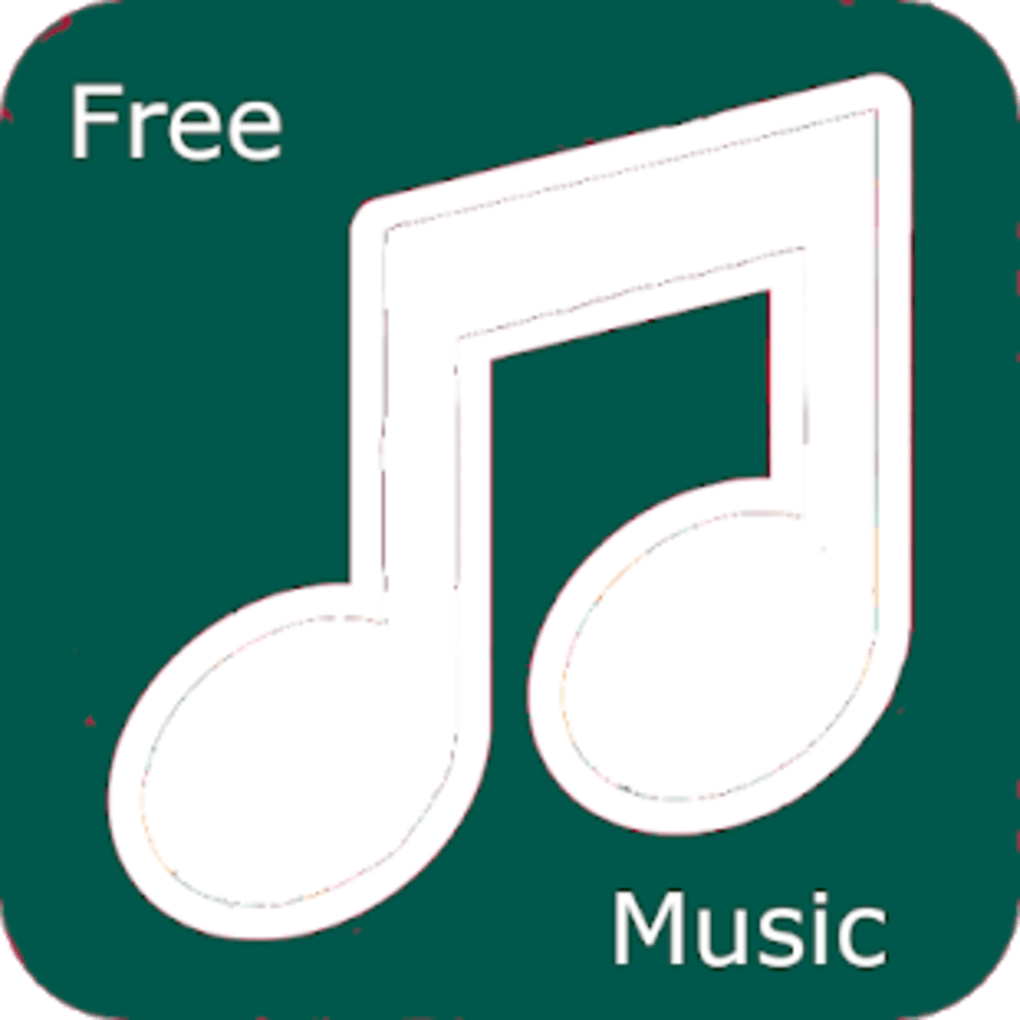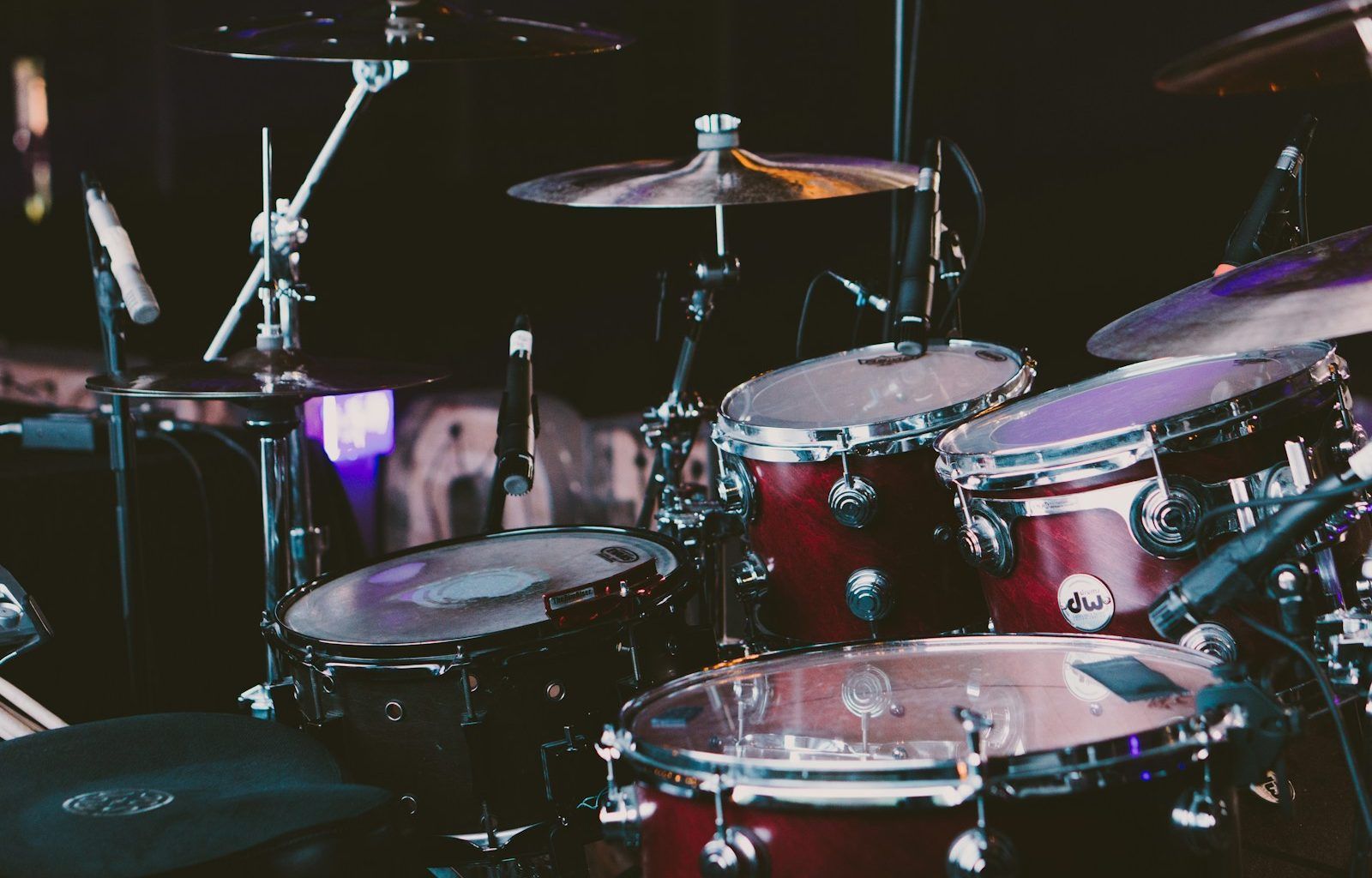Descargar Canciones Gratis, meaning “Download Free Songs” in Spanish, presents a complex landscape of legal and illegal music acquisition. The desire for free music is undeniable, but navigating the digital world safely and ethically requires understanding the implications of various methods. This exploration delves into the legality, risks, and ethical considerations surrounding free music downloads, offering a comprehensive guide for navigating this often-murky terrain.
From legitimate platforms offering Creative Commons licensed music to the dangers of illegal downloads and malware-ridden websites, we examine the diverse approaches to obtaining free music. We’ll also explore alternatives like free streaming services and discuss the impact of illegal downloads on artists and the music industry, providing a balanced perspective on this evolving issue.
Understanding “Descargar Canciones Gratis”
The phrase “Descargar Canciones Gratis,” Spanish for “Download Songs Free,” reflects a significant aspect of online music consumption: the desire for free access to copyrighted material. This seemingly simple phrase encompasses a complex interplay of legal, ethical, and technological considerations. Understanding its implications requires examining the various interpretations of “free” in this context, the methods used to obtain free music, and the consequences of those choices.
The term “free” when applied to music downloads can be interpreted in several ways. It might refer to legitimately free music under Creative Commons licenses, or it might refer to illegally obtained copyrighted material. The distinction is crucial, with significant legal and ethical implications attached to each interpretation.
Legal and Illegal Methods for Obtaining Free Music
There are both legal and illegal ways to acquire free music online. Legal methods involve utilizing platforms that offer music under appropriate licenses or through free tiers of subscription services. Illegal methods, conversely, involve circumventing copyright protections to download copyrighted music without permission.
| Method | Legality | Advantages | Disadvantages |
|---|---|---|---|
| Downloading from legitimate free music platforms (e.g., artists’ websites offering Creative Commons licensed music) | Legal | Access to free music legally; supports artists who choose this licensing model; no risk of malware or legal penalties. | Limited selection compared to paid services; may require navigating different websites. |
| Using free tiers of streaming services (e.g., Spotify, YouTube Music) | Legal | Large music library; convenient access; no downloads required (streaming only). | Ads; limited offline playback; potentially lower sound quality. |
| Downloading from illegal file-sharing websites | Illegal | Access to a wide range of music; potentially free of charge. | High risk of malware and viruses; legal repercussions; unethical; supports illegal activity; poor sound quality. |
Legal Methods for Free Music Acquisition
Several legitimate avenues exist for obtaining free music. These methods respect copyright laws and offer a safe and ethical way to enjoy music without incurring costs.
Legitimate Websites and Services Offering Free Music Downloads
Several websites and services offer music under Creative Commons licenses or as promotional material. These platforms allow artists to share their work freely while maintaining some control over its usage. Examples include Bandcamp (for artists offering free downloads), and some artists’ personal websites.
Understanding Creative Commons Licensing
Creative Commons licenses provide a flexible framework for artists to share their work while retaining certain rights. Different licenses offer varying levels of permission for usage, reproduction, and modification. Understanding these licenses is crucial for legally using free music.
Navigating and Downloading Music from a Legal Free Music Platform

Source: sftcdn.net
The process typically involves browsing the platform’s catalog, selecting desired tracks, and following the platform’s instructions for downloading. Often, users need to agree to the terms and conditions of the Creative Commons license before downloading.
Verifying the Legality of a Music Download Source
Checking for a clear indication of a Creative Commons license or a statement about the music being free to download is a key step. Look for official websites of artists or reputable platforms specializing in free music. Be wary of unofficial websites or file-sharing services.
Risks Associated with Illegal Downloads
Downloading copyrighted music without permission carries significant legal and security risks. These risks extend beyond potential fines and legal action to include exposure to malware and other security threats.
Legal Risks of Copyright Infringement
Downloading copyrighted music without permission is a violation of copyright law. Penalties can include substantial fines and legal action, depending on the extent of the infringement. The penalties can vary greatly by jurisdiction.
Malware and Viruses Associated with Illegal Download Sources
Illegal download sites often bundle malware or viruses with the music files. These malicious programs can compromise a user’s computer, steal personal information, or damage the system.
Security Threats from Untrusted Sources
Downloading from untrusted sources exposes users to various security threats, including phishing scams, data breaches, and ransomware attacks. These threats can have severe financial and personal consequences.
Ethical Considerations of Free Music Downloads
The ethical implications of accessing music for free extend beyond the legal ramifications. It’s essential to consider the impact on artists and the music industry as a whole.
Ethical Implications of Free vs. Paid Music Services
Using paid services directly supports artists and the music industry. Illegal downloads deprive artists of revenue and can hinder their ability to create and share their music.
Impact of Illegal Downloading on Musicians and the Music Industry

Source: delivermytune.com
Illegal downloading significantly reduces revenue for musicians and record labels. This can lead to fewer opportunities for artists, reduced investment in new talent, and a decline in the overall quality of music production.
Fair Use and Music Downloads
Fair use is a legal doctrine that allows limited use of copyrighted material without permission for certain purposes, such as criticism, commentary, or education. However, downloading entire albums for personal enjoyment generally does not qualify as fair use.
- Download music only from legitimate sources.
- Respect artists’ rights and consider supporting them financially.
- Understand and comply with Creative Commons licenses.
- Avoid downloading from untrusted websites or file-sharing services.
Alternatives to Illegal Downloads
Many legal and ethical alternatives exist for accessing music without incurring costs. These options offer a wide variety of choices, ensuring access to a vast music library without compromising security or ethics.
Free Streaming Music Platforms
Several free streaming services, such as YouTube Music and Spotify’s free tier, provide access to a large catalog of music. These platforms typically incorporate advertisements and may have limitations on offline playback or song selection.
The popularity of free music downloads, often searched as “Descargar Canciones Gratis,” fluctuates throughout the year. Interestingly, download trends sometimes correlate with major holidays; for instance, understanding the precise dates for celebrations like Hanukkah, detailed on this helpful site about Hanukkah Timing , might influence the demand for festive music downloads leading up to and during the holiday.
This suggests a possible link between cultural events and the online demand for “Descargar Canciones Gratis.”
Comparing Sound Quality and User Experience
The sound quality and user experience can vary across different free music access methods. Streaming services generally offer decent sound quality, while free downloads from less reputable sources might offer poor quality audio files.
Illustrative Examples of Music Licensing: Descargar Canciones Gratis
Creative Commons licenses offer a spectrum of permissions for using copyrighted works. Understanding these differences is crucial for ethical and legal music usage.
Three Creative Commons Licenses
Attribution (CC BY): Allows others to use, distribute, and modify the work, even commercially, as long as they give appropriate credit to the creator. Attribution-NonCommercial (CC BY-NC): Similar to CC BY, but prohibits commercial use. Attribution-NonCommercial-ShareAlike (CC BY-NC-SA): Requires attribution and non-commercial use, and any derivative works must also be licensed under a similar Creative Commons license.
Hypothetical Scenario of License Violation, Descargar Canciones Gratis
Imagine an artist releases a song under a CC BY-NC license. A company uses this song in a commercial advertisement without permission. This violates the license, potentially resulting in legal action from the artist.
Visual Representation of Music Licensing Agreements
Imagine a Venn diagram. One circle represents “Attribution Required,” another “Commercial Use Allowed,” and a third “Derivative Works Allowed.” Different Creative Commons licenses would occupy different sections of this diagram, indicating which permissions are granted and which are restricted.
Conclusion
Ultimately, the quest for Descargar Canciones Gratis necessitates a careful balance between access and responsibility. While free music is readily available through legitimate channels, understanding the legal and ethical ramifications of choosing one method over another is crucial. By prioritizing legal sources and respecting artists’ rights, music lovers can enjoy their favorite tunes while contributing to a sustainable music ecosystem.
